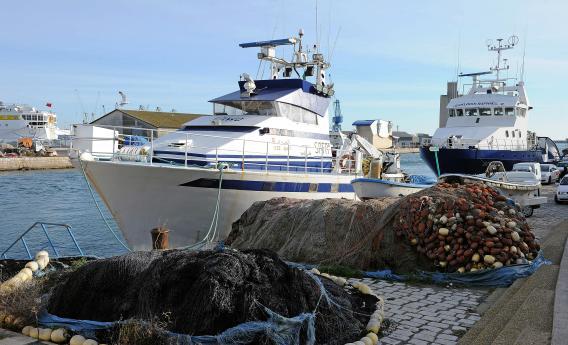Europe’s devotion to privacy has created a massive debate over balancing online users’ rights with business development and innovation. But other privacy issue that has been flying under the radar has had serious implications for scientific research.
Yesterday, Nature reported that in an effort to protect the privacy rights of the fishing community, the European Union has cut off researcher access to some information that they say they need to maintain the sustainability of Europe’s fish population.
Enacted in 2009, the European Commission’s rule restricts scientists from accessing the raw data provided by monitoring devices on fishing boats. Vessel Monitoring Systems track the direction, position, and speed of boats, giving scientists insight into fishing patterns. This, in turn, helps researchers evaluate environmental impact.
“This is now a serious problem for us,” said Hilmar Hinz, a Bangor University, U.K., marine biologist and author of a paper on the consequences of this data restriction. “We’re asked to give the best possible advice and if you do not have highly detailed data you end up having a problem,” said Hinz.
This isn’t the first time the research community has found itself constrained by privacy protection.
In the past few months, social scientists have complained about Facebook, Google, and Microsoft’s refusal to share user data. They argue that the information could be released in a way that protects user privacy while providing valuable insight into behavioral science. Furthermore, they allege that companies may end up releasing data only to those with better connections and deeper pocketbooks, which would make it harder for researchers’ to check one another’s work. “If another set of data does not validate results obtained with private data, how do we know if it is because they are not universal or the authors made a mistake?” Dr. Bernardo Huberman, a senior fellow at HP labs, wrote in a February letter to Nature.
